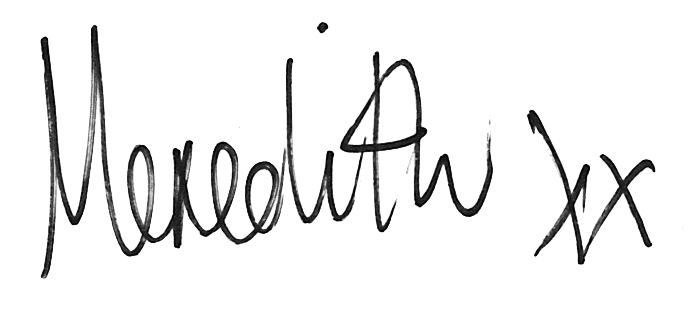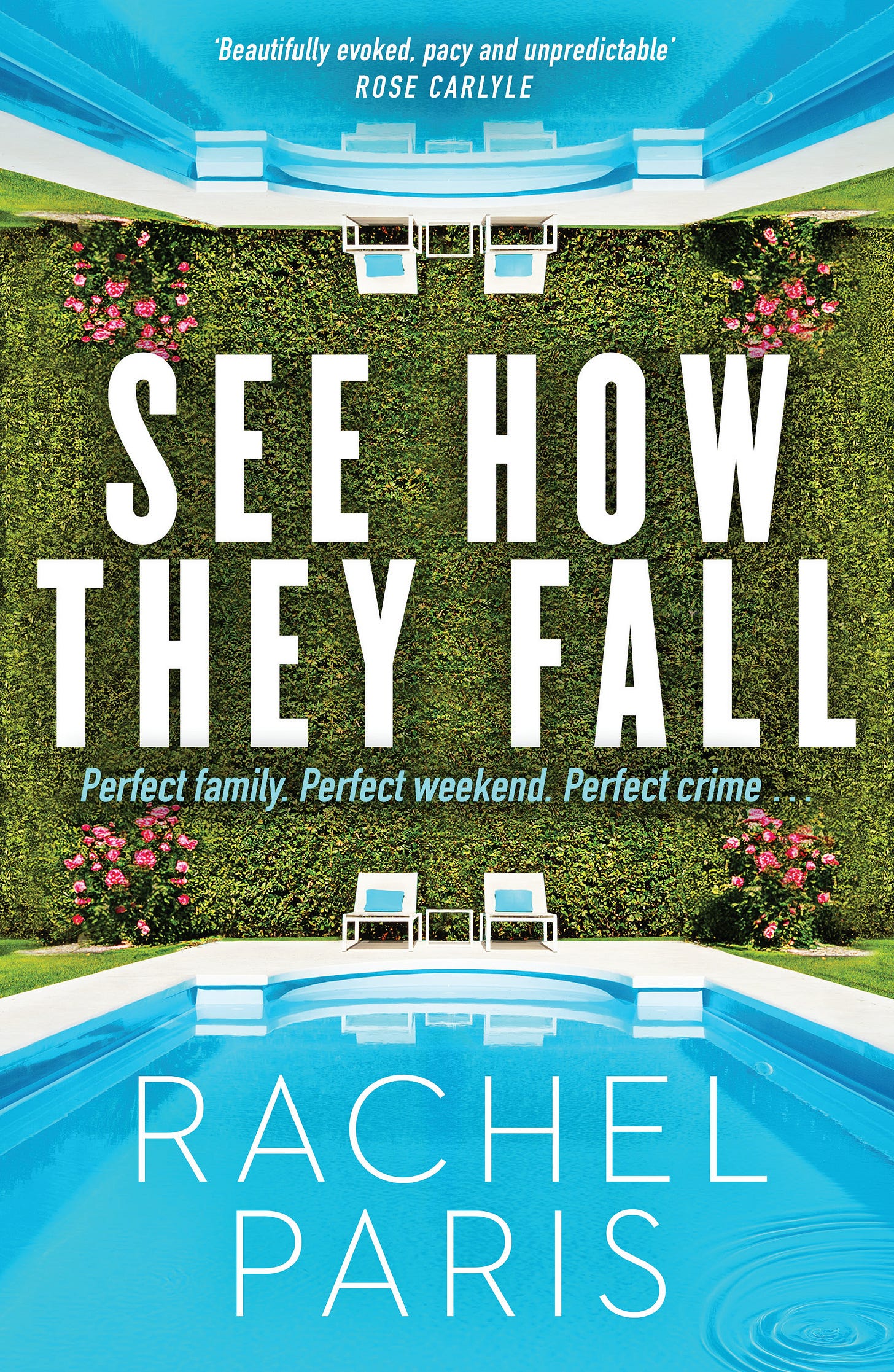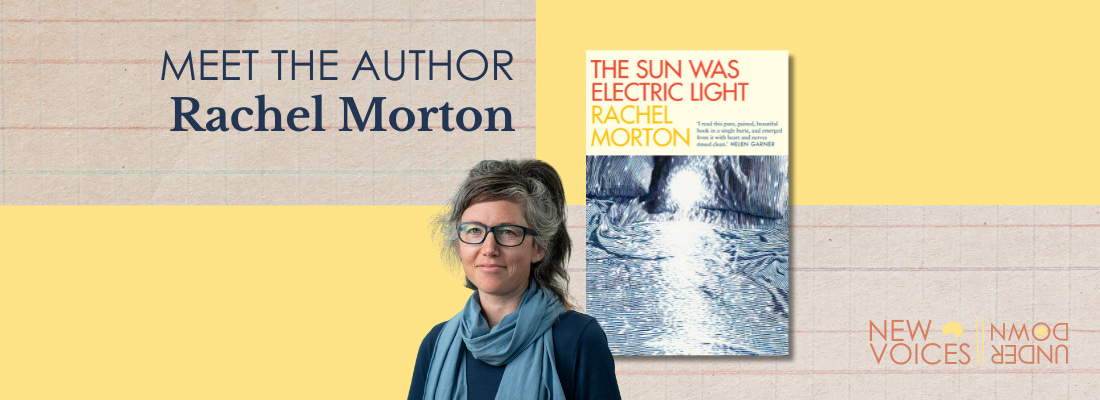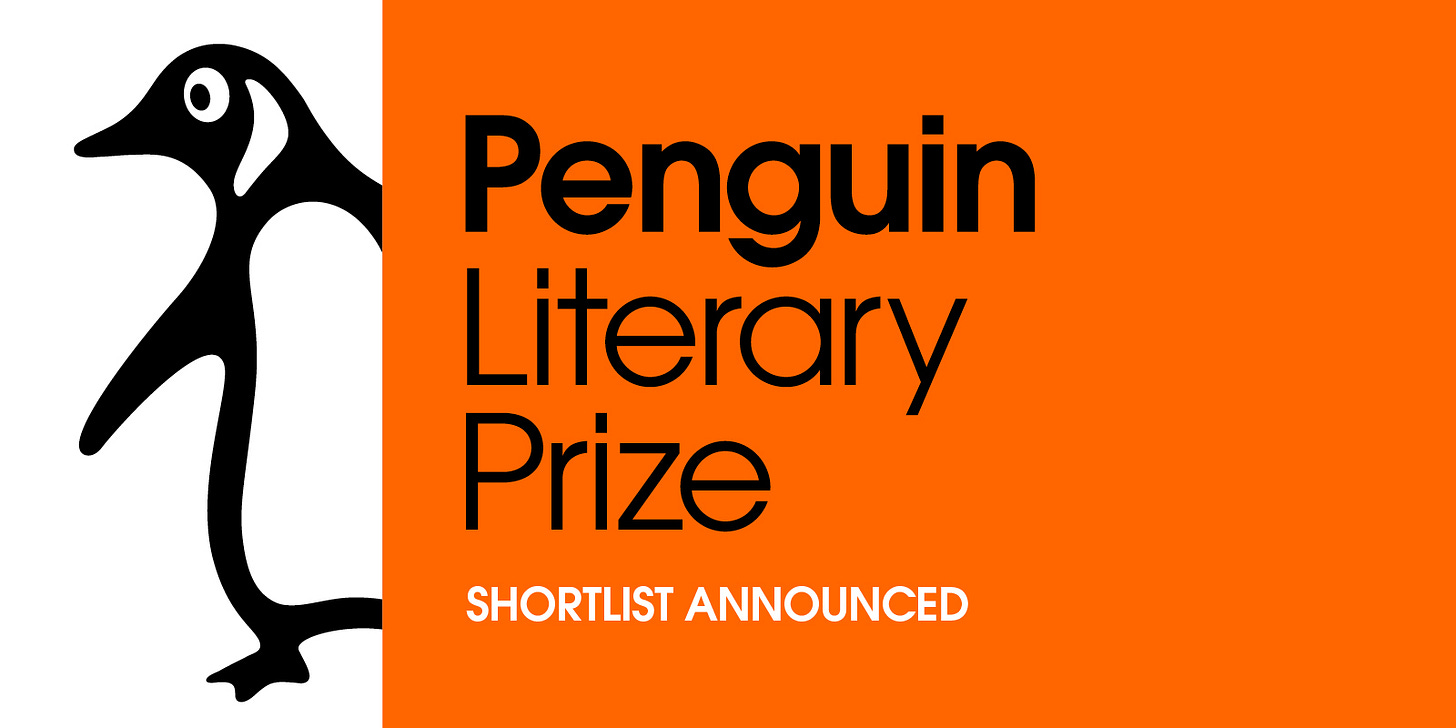Well hello!
Welcome to the March edition of New Voices Down Under. It has been a quieter month for new voices. Possibly because with Easter and Mothers Day around the corner, April and May are big months in the publishing calendar.
In Books to Love, Rachel Paris explores the darker side of relationships, wealth and power in her debut thriller, See How They Fall. I finished this book in one day, which I guess tells you all there is to know!
This month in Meet the Author, I had a wonderful chat with Rachel Morton about her award-winning literary novel, The Sun Was Electric Light. Rachel is a poet, so it’s no surprise that this is a deeply textured story about finding oneself and finding connection, albeit by running way to Guatemala!
March has been the month for announcing shortlists and prizes. Hot off the press is the Australian Book Industry Awards, where shortlists were announced on March 19. The winners of the Indie Awards have been revealed. The Indies, run by Australia’s independent booksellers, are seen as a good predictor of which title might win the Miles Franklin announced later in the year. Last but by no means least, the shortlist for the Penguin Literary Prize has also been announced. You can read all about it in Newbie News.
And what would be a newsletter without Freebies? This month, you have the chance to win a copy of The Sun Was Electric Light. You know the deal, read the reviews and interview and answer the questions to be in the running.
Books to Love
See How They Fall by Rachel Paris
(Published ANZ 26 March 2025)
Skye Turner has married up, into a family whose extreme wealth makes them untouchable. After the death of the patriarch, the three sons, their wives, girlfriend and children gather at the family estate, Yallambee, for the Easter break. All the staff have been dismissed for the weekend. James’ wife Nina won’t let Skye help with preparing the meals. Duncan’s love-child, Cody, makes himself useful churning out lethal cocktails. Things have always been tense between Skye’s husband, Duncan and his older brother, James, the one who will take over their father’s mantle. The youngest brother is too busy partying and enjoying the privileges that come with being super rich. Tensions erupt. The following morning, Skye wakes up with a filthy hangover to find her little girl Tilly is seriously ill leading to an ambulance trip to hospital and a diagnosis that indicates poisoning. Six-year-old Tilly is at death’s door. Nina is also in hospital.
Detective Senior Sergeant Mei O’Connor has just found out that the man with whom she was planning her happy-ever-afters, has other ideas. As her future spirals away from her, she’s handed the case of the Turner poisonings. Overnight, Nina has died, leaving three young children without a mother. Tilly is in a medically-induced coma. Is the motive to get to the Turner brothers via their loved ones or is something more at stake?
As suspects, Skye and Duncan find themselves at the centre of the investigation. However, Skye starts to realise that she has spent years burying her head in the sand and that the Turner Empire might be built on dubious foundations. She voices her fears and doubts to Mei, revealing a complex web of lies and deceptions that are both immoral and illegal.
Rachel Paris’ See How They Fall will appeal to anyone who loves a twisty thriller that keeps you guessing until the very end. On the surface, Skye seems to have it all but it soon becomes apparent that she has no idea who her husband really is and the real reasons the Turners are so rich. Paris uses this family of wealth and privilege to explore issues around domestic violence and bullying. As dark as these themes are, See How They Fall is also about the potential women have when they act in solidarity to hold power to account and affect real and lasting change. Importantly, the characters are highly relatable and the plot’s thick with intrigue. This is a book to read in one day or well into the night.
A little bit about the author …
Rachel Paris won the Phoenix Prize for the best manuscript in her Masters at Auckland University. She came to writing after a highly successful 20-year law career, specialising in fintech. She gained her Masters in Law at Harvard University. See How They Fall is her debut novel.
Connect with Rachel Paris
Find Rachel on Instagram here @rachelparisauthor
Read more about Rachel and subscribe to her newsletter here
Australia: Buy a copy of the book here
Rachel Morton is a writer living on Eastern Maar Country in south-west Victoria. Her poetry has appeared in Meanjin Quarterly, The Moth Magazine and various other publications. Rachel was shortlisted for the 2019 Australian Catholic University Prize for Poetry. The Sun Was Electric Light is her first novel and won the 2024 Victorian Premier’s Literary Award for an Unpublished Manuscript.
A little bit about the book …
Disillusioned with her life in New York, Ruth returns to a lake town in Guatemala where she had been happy a decade earlier. There, in Panajachel, she meets two very different women: the calm and practical Emilie, and the turbulent and intoxicating Carmen.
Deciding to stay and build a life at the lake, Ruth finds work first as a nanny to a wealthy local family, then as an English teacher at a village school. Meanwhile, she becomes increasingly infatuated by her friendship with Carmen, pushing away the stability of her connection with Emilie. As Carmen’s fragile relationship with the world splinters, the difference between being a visitor and truly belonging becomes clear, and Ruth is forced to act.
Can you tell us a little about the inspiration behind this story?
The writing process for me was a little bit backwards, in the sense that first I ‘felt’ the novel within me, without knowing what the story was. All I had was an image that kept coming back to me as I went about my daily life. It was an image of a woman standing in front of a concrete house, just standing there, watching me! I knew the house was in Panajachel, and I knew the woman was a foreigner but that she lived there and was not just passing through. That was all I knew. So then I needed to figure out how to find the story behind that image. That was the work for me, and it was through that process that I learnt how to write a novel.
It’s inevitable that one of the first questions that comes to mind is to ask you whether you, like Ruth, lived or spent time in Panajachel. Is Guatemala a country you are familiar with?
I lived in Guatemala for two years in my twenties. My life was very different from the life of Ruth and I lived in Guatemala City. I spent some time at the lake, though not much; probably only a few weeks all added up. But as a place, I found it very powerful. The geography, for a start, felt mythic – the huge volcanoes, the lake that is formed in the crevice between the volcanoes. And the villages all around the lake and the way the lake is the crossroads for four different Mayan nations; each quadrant of the lake is populated by a different Mayan nation, with different dress, different language, different craft specialities. I fell in love with it. After I left Guatemala, the lake stayed with me, and sort of lived alongside me in my psyche. So it wasn’t a huge surprise when I started writing a story set there. I think sometimes there are places that we visit, even for a short time, that transform into a place within our own internal landscape rather than an actual physical place, and that was what the lake had become for me.
Ruth is a lost soul searching for meaningful connection. She thinks she finds it in her friendship with Carmen and Dwain, Americans but who were born in Guatemala. I’m curious what dynamic was at play in your mind in creating this friendship triangle.
This wasn’t a conscious decision. When I was trying to find the story, the characters popped up and I had to do my best to do what they wanted and get out of the way. With the character of Emilie, that was a bit harder, because she is a bit more elusive as a personality, and I really had to work to find her, just as Ruth needs to work to connect with her too. But with Carmen and Dwain, they were very ‘generous’ as characters, in the sense that once they popped up in the story, they brought with them a tremendous energy and were even a bit bossy with what they wanted to say and do. So I really just needed to follow them and this dynamic emerged, which felt right and natural.
Personal tragedy is never far away for any of these characters. As a writer, what attracts you to this element of life?
I think that life is full of tragedy; it is everywhere. There are levels, of course, different degrees, but I am yet to meet a human who hasn’t lived through some kind of feeling of tragedy. There are the big ones - that we and everyone we know will die – but there are a million smaller ones that we have to live out in daily life. I think life is quite a harsh and difficult thing, and we need to be strong and survive a lot. And if we are lucky, we also get to feel joy and lots of love, including even for things like sunsets and rain and the first coffee of the morning, but that doesn’t mean the tragedy goes away. We just need to live alongside it.
The other thing that I was interested in when I first started to write the story was the sense that each of our lives has its own trajectory. In our twenties, we think we can ‘will’ our lives into being, and will certainly plays a role. But as life goes on, you start to realise that there is more at play; there is the inheritance from our ancestors which plays out in our lives, and there is the cumulation of all the things that we have experienced, good and bad. It seemed to me that as we get older, these elements become louder and can manifest in our lives in a way that doesn’t really make sense to us. I see that happening in all of the characters; there is the way they ‘want’ to live, and then there is what actually happens, their somewhat confusing decisions, a certain erratic quality. I think this is most obvious in the character of Carmen, that her past and the circumstances of her life are playing a much larger role in her decisions than she realises, but it is true for all of the characters, I think.
Ruth finds expression through carving. This symbol really resonated with me. What drew you to this idea.
I’m very happy you commented on this! No one has mentioned the carving yet. This, like everything else in the story was not conscious. I was just doing my best to follow Ruth and I also felt a responsibility to get her through to the other side; that is, to bring her to where she finds meaning or somehow ‘enters’ her life. She is quite removed from her own life and from the world, and at first, she thinks that human relationships are the way back to a sense of connection. And to some extent, that is true, but she also needed to find her own thing, separate from any humans, that would be a kind of thread to this world. I think the carving emerged because it is quite grounded, it is physical, it is repetitive, and like all sorts of activities like this, it helps her to work with her mind. I think learning how to work with our minds is at least half of being human, and it is through this physical, meditative activity that Ruth learns how to quiet the thoughts which are disconnecting her from the reality in which she is living and access a deeper, life-giving place.
You won the 2024 Victorian Premier’s Literary Award for an Unpublished Manuscript. Congratulations! What has the writing journey been like for you since that moment?
Thank you! It’s hard to say what winning the award has meant. On one level, it has meant that I got to publish a book, which I’m not sure would have happened without the award. This is such a nice award in that it encourages new writers to have a go, and it also gives us a place to send our work. Nobody had ever read my work before this, and there is no way I would ever have had the confidence to send the manuscript to a publisher (I didn’t even know you could do that!). I actually used the award submission date as a deadline, and I told myself I had to submit whatever I had written by that date. Without that, I wouldn’t have written the novel. So I think these types of awards are so important for emerging writers, to give the message that ‘We care about your writing; keep doing it; here is a place for you to submit!’
Postnote: Since Rachel and I spoke, she was also the recipient of the UQP Quentin Bryce Award for 2025. The award, which recognises The Honourable Dame Quentin Bryce, is for a book on UQP’s list each year that celebrates women’s lives and/or promotes gender equality. The Honorable Dame Quentin Bryce has this to say:
What a special book this is. Tender, poignant and filled with longing for those people and places we’ve lost—and perhaps never truly found in the first place.
Preorder your copy here
To WIN a copy of The Sun Was Electric Light, scroll down to Freebies
Newbie News!
Congratulations to Lauren Keegan and All the Bees in the Hollows for winning the Debut Fiction category in the 2025 Indie Book awards. Presented by Leading Edge, the Indie Book Awards ‘recognise and celebrate indie booksellers as the number-one supporters of Australian authors’.
Lauren Keegan was our guest Meet the Author in October last year. You can revisit my interview with Lauren in this newsletter and find out how she wrote an award-winning debut novel.
Penguin Random House Australia has announced the shortlist for the 2025 Penguin Literary Prize. Launched in 2017, the aim of the prize is to discover, nurture and develop literary fiction writers and to provide a platform for emerging and diverse voices.
The shortlisted titles are:
Bad Medicine by Emma Clancey
Salt by Siobhan Dermody
Touch Grass by Mary Colussi
The Fear of Empty Spaces by Rachel Bowman
Where the Lotus Rises by Samara Lo
So, the Words by Denise Raward
The winner will be announced on 12 June 2025. The prize includes $20,000 and the chance to be published by PRH Australia. Recent winners include On A Bright Hillside in Paradise by Annette Higgs, which we featured in this newsletter, Jade and Emerald by Michelle See-Tho and Chloe Adam’s novel The Occupation, which will be published in July 2025.
Freebies!!
If you enjoyed the interview with Rachel Morton, then this is your chance to win a copy of The Sun Was Electric Light. Thanks to UQP for providing us with **two** copies to giveaway. All you have to do is send a reply email with the answer to this very tricky question.
Who are the two Americans Ruth befriends in Panajachel?
The fine print: Giveaways are currently only open to subscribers and you must reside within Australia to be eligible to win (postage!) The winners will be picked at random and will be emailed on Tuesday 15 April 2025. Good luck!
The End
And here we are at the end of another edition. I hope these books have tickled your fancy. Please leave a comment, follow us on socials and come back again next month where there will be more bookish news, reviews, interviews and freebies. See you soon!
Don’t forget, you can always catch up with us on Instagram @newvoicesdownunder
And, if you’d like to read my author newsletter, you can subscribe to A Cuppa With Meredith here The next edition is out Monday 5 April!










Thank you for the shoutout Meredith! It was such a thrill to win an award for my first book.
I am definitely putting Rachel Paris’ debut on my TBR! Sounds so good 🤩